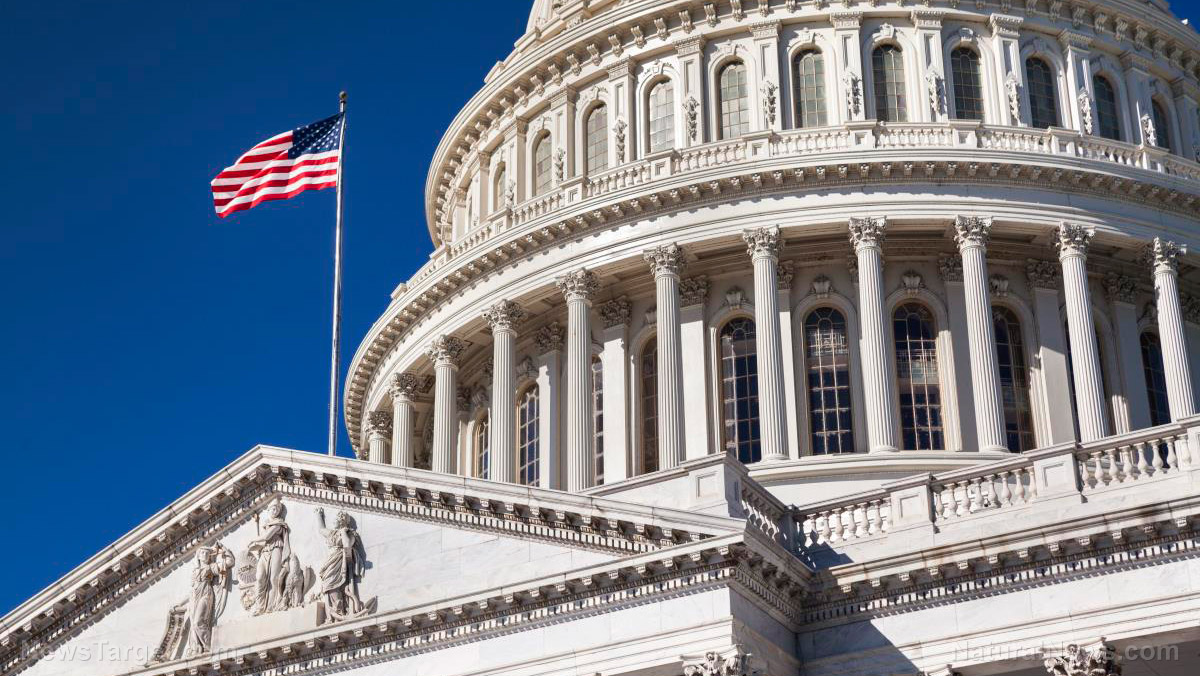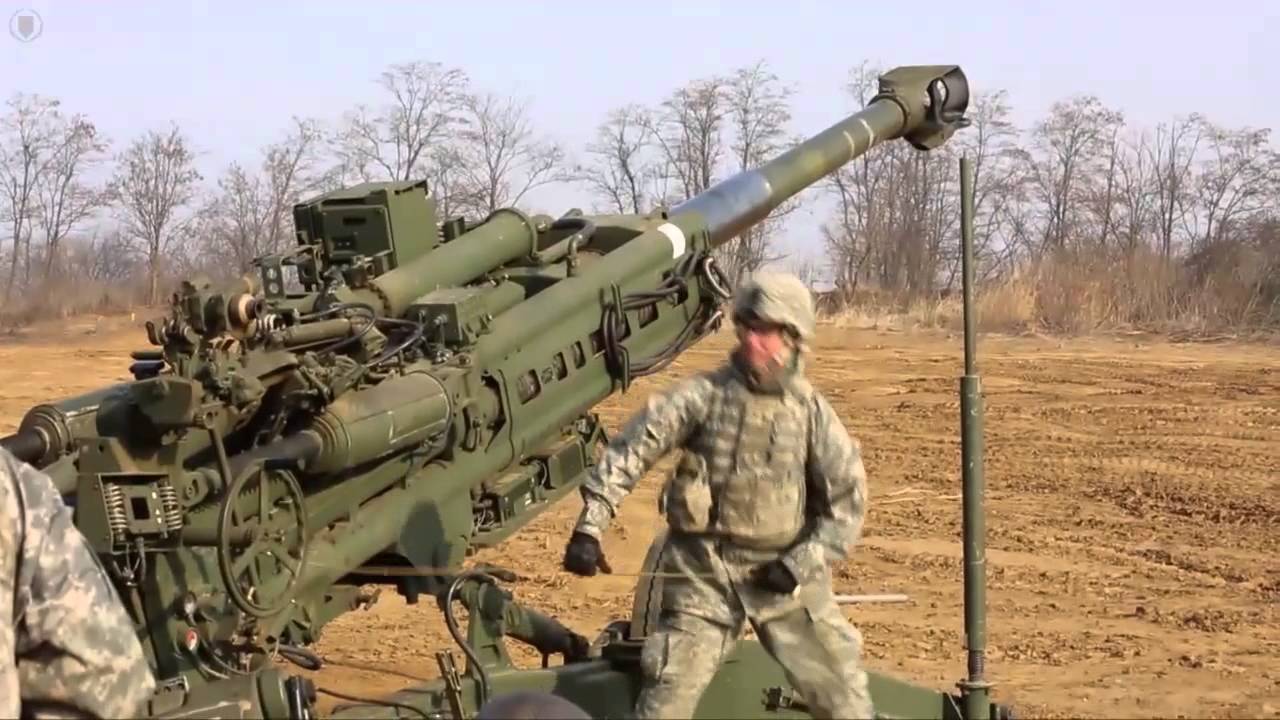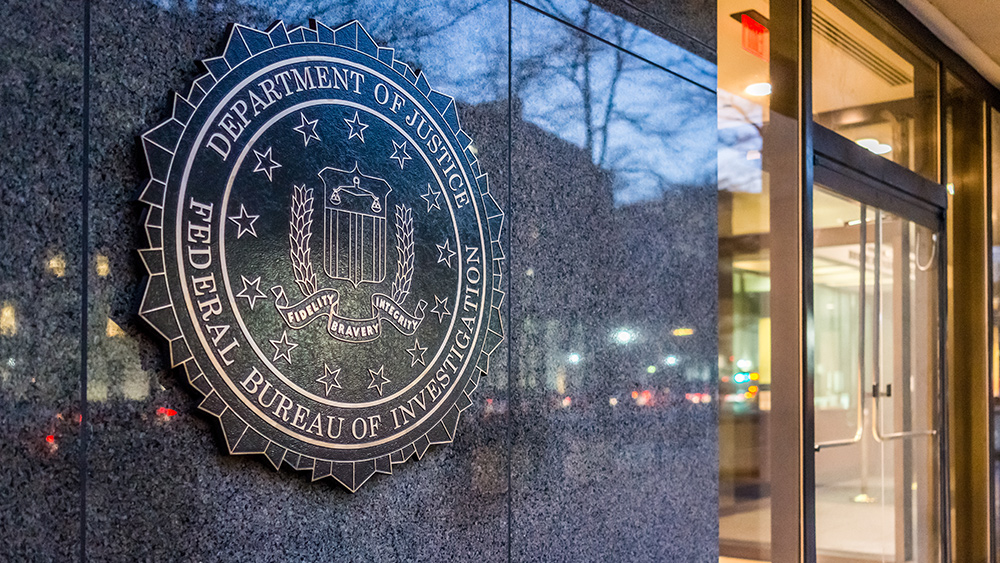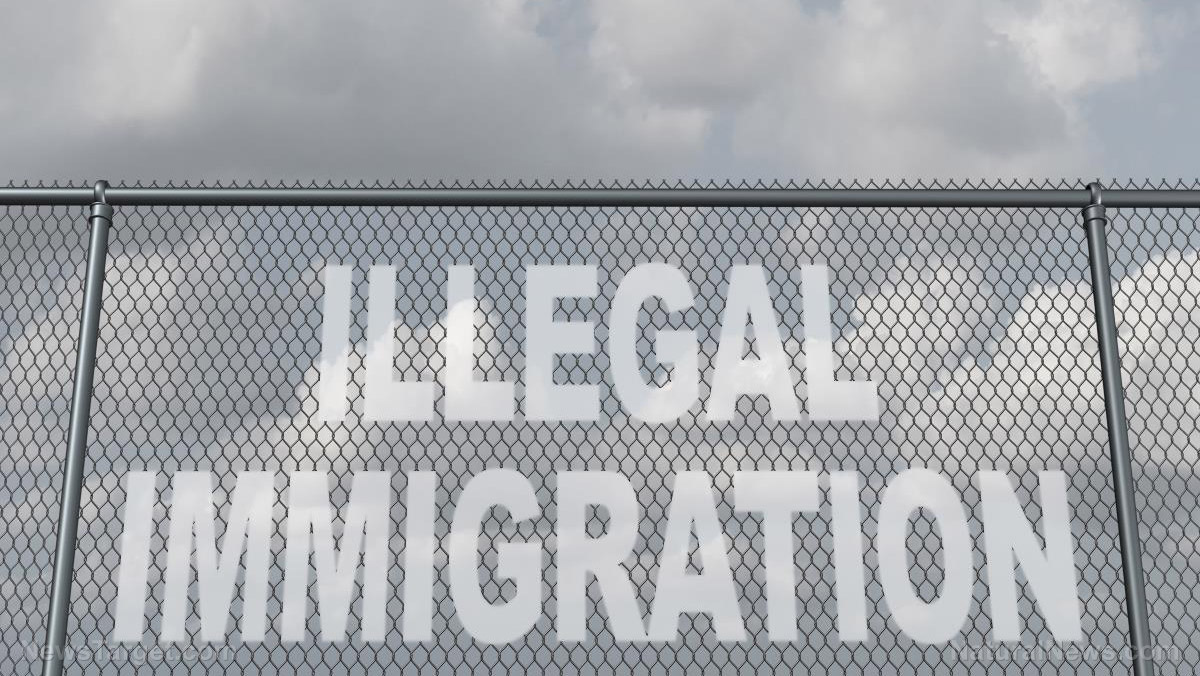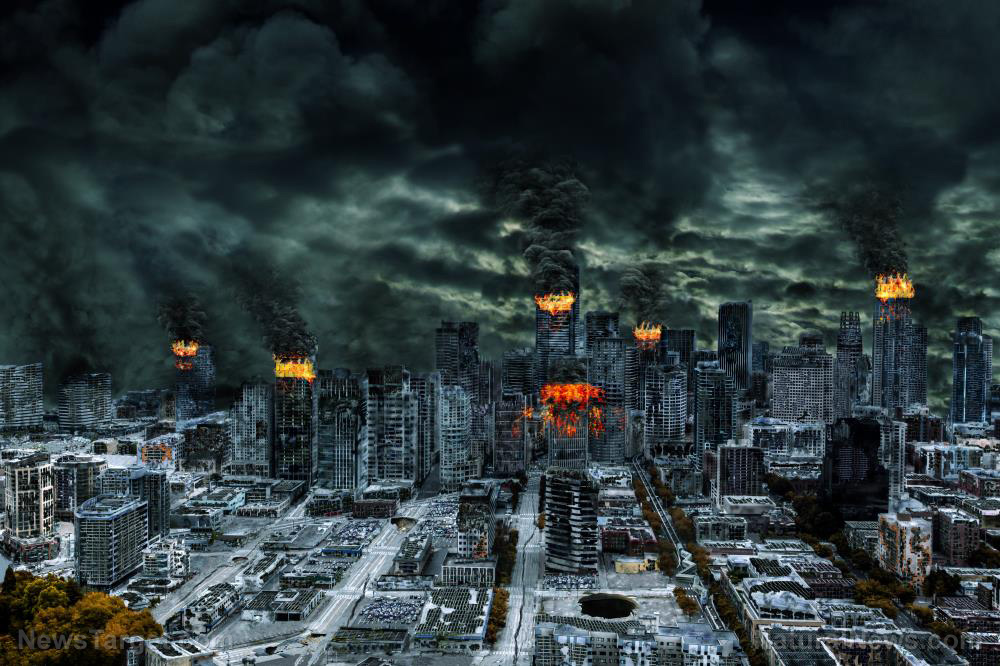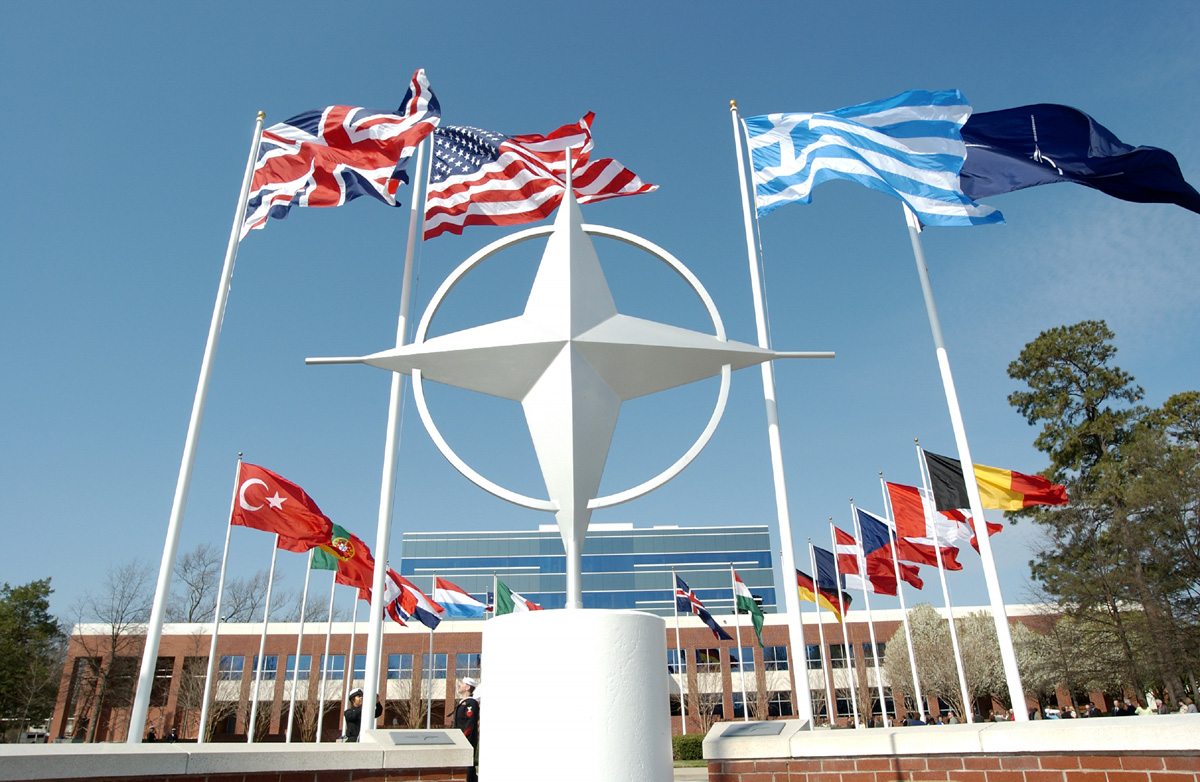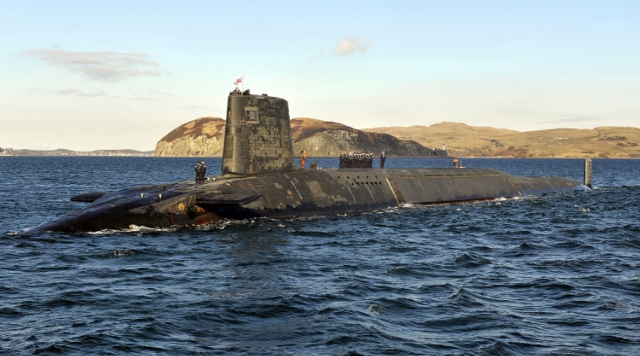Shift away from U.S. ‘petrodollar’ and towards gold-backed currencies in the Global South continues
01/30/2023 / By JD Heyes

The United States’ empire is quickly fading, thanks to wanton greed and corruption among our ruling class, but there will be some nation — probably China — stepping in to fill the vacuum, without question.
This phenomenon was laid bare again last week during the World Economic Forum in Davos, Switzerland, where countries in the Global South, which tend to be poorer but are rich in natural resources, emphasized their shift away from the U.S.-dominated petrodollar and towards other currencies that are backed by hard assets like gold, Great Game India reported, listing “three interconnected multipolar-driven facts” to justify that conclusion.
The report noted:
First: One of the key take aways from the World Economic Forum annual shindig in Davos, Switzerland is when Saudi Finance Minister Mohammed al-Jadaan, on a panel on “Saudi Arabia’s Transformation,” made it clear that Riyadh “will consider trading in currencies other than the US dollar.”
Second: The Central Banks of Iran and Russia are studying the adoption of a “stable coin” for foreign trade settlements, replacing the US dollar, the ruble and the rial. The crypto crowd is already up in arms, mulling the pros and cons of a gold-backed central bank digital currency (CBDC) for trade that will be in fact impervious to the weaponized US dollar.
Third: South Africa holds this year’s rotating BRICS presidency. And this year will mark the start of BRICS+ expansion, with candidates ranging from Algeria, Iran and Argentina to Turkey, Saudi Arabia and the UAE.
Regarding the Saudis, al-Jadaan did not specifically declare that the age of the “petroyuan” — China’s currency – is at hand but he did drop a hint by hedging, somewhat. “We enjoy a very strategic relationship with China and we enjoy that same strategic relationship with other nations including the US and we want to develop that with Europe and other countries,” he said.
A gold-backed stable coin digital currency would be highly effective in the Special Economic Zone of Astrakhan, which is located in the Caspian Sea. “Astrakhan is the key Russian port participating in the International North South Transportation Corridor (INTSC), with Russia processing cargo traveling across Iran in merchant ships all the way to West Asia, Africa, the Indian Ocean and South Asia,” Great Game India‘s report continued. And as the U.S.-led sanctions on Russia over its invasion of Ukraine continue to bite, Moscow is looking for (and developing) alternatives to supplying Europe with its energy needs, as well as raw materials.
And, trade between Russia and Iran is only growing (Iran being another country heavily sanctioned by the U.S.). In short, a growing number of Global South countries are forming their own global ecosystem that is not reliant on the whims (and corruption) of Washington.
Another major power, India, is assisting in the transition, even if New Delhi is hedging its bets between the BRICS alliance it is part of and the U.S., given America’s economic and military prowess (for now). India has become a major importer of Russian oil after refusing to go along with U.S.-led sanctions.
Also, “South African Foreign Minister Naledi Pandor has just confirmed that the BRICS do want to find a way to bypass the US dollar and thus create ‘a fairer payment system not skewed toward wealthier countries,'” Great Game India noted further. It should also be said that South Africa is siding with Russia and against the NATO-led Global North in the war with Ukraine.
After World War II, the global economic order was established by the Bretton Woods agreement, which has been altered somewhat since. The system favored the U.S. as the world’s biggest holder of gold at the time, so the world’s financial rules also relied on the dollar. That is no longer the case, meaning the dollar’s reign as the world’s reserve currency is coming to an end.
If you thought inflation was bad now, just wait until another global currency is adopted.
Sources include:
Submit a correction >>
Tagged Under:
Bretton Woods, BRICS, bubble, China, Collapse, currency crash, dollar demise, energy, India, inflation, Iran, money supply, oil, pensions, petrodollar, petroyuan, risk, Russia, Saudi Arabia, U.S. dollar, United States
This article may contain statements that reflect the opinion of the author
RECENT NEWS & ARTICLES
COPYRIGHT © 2017 NATIONAL SECURITY NEWS




